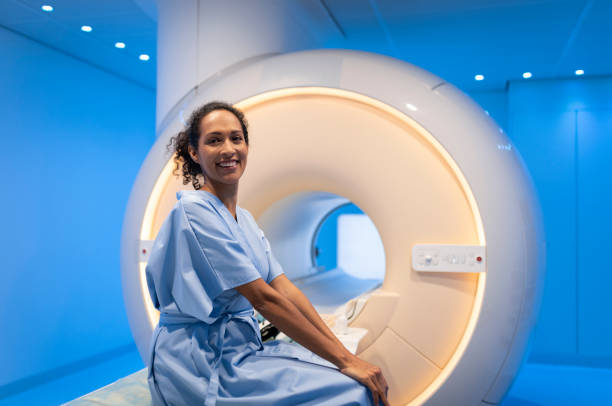Cancer is nothing but the unexpected situation of abnormal cell growth which goes out of control. Similarly, stomach cancer, also known as gastric cancer, occurs when the cells within the stomach grow uncontrollably. Patients diagnosed with this abnormality must undergo stomach cancer treatment which largely depends on the severity.
Cancerous cells can start growing in any portion of the body, thereby showing various symptoms with different outcomes. This article will provide an overview of stomach cancer and the options for curing the same. Read through.
Stomach Cancer – What are the Types?
The cells of our body can abnormally start growing in any portion of the stomach, leading to stomach cancer. Collated here are a few types of stomach cancer that are commonly found. They are:
-
Adenocarcinomas
Most abdominal cancers are adenocarcinomas that develop from the mucosa gland cells. The intestinal adenocarcinoma holds a better prognosis. There is a probability of the cancerous cells undergoing gene changes that only allow targeted drug therapy. On the other hand, diffuse adenocarcinomas are likely to spread and increase. Since this type of cancer is rare, it is hard to treat and cure it.
-
Neuroendocrine Tumours
NETs usually occur in the stomach or other parts of the digestive tract cells. The cells of the abdomen sometimes act like nerve cells or endocrine cells. The NETs grow very slowly and remain constricted to a small portion. However, they can grow fast and spread very quickly in some cases.
-
GISTs or Gastrointestinal Stromal Tumours
These tumours are very uncommon and form on the stomach wall, also known as interstitial cells of Cajal. GISTs are most likely to infect the stomach, but they can also commence anywhere within the digestive tract.
-
Lymphomas
This type of cancer usually commences in the immune system cells, known as lymphocytes. Lymphomas generally start in other body portions, leaving out the stomach. Nevertheless, there are certain exceptions and can even begin in the stomach walls. The treatment procedure for this cancer widely depends on the type of lymphoma and various other factors.
Besides the above stated abdominal cancer, there are other types of abdominal cancers as well. They include small cell carcinomas, squamous cell carcinomas, leiomyosarcomas, etc. However, these cancers are seldom found to occur amongst people.
Treatment Options for Stomach Cancer
One can treat stomach cancer through various treatment procedures, depending on the type, location and severity. Here are a few options for stomach cancer treatment. They are:
-
Surgical Method
The gastrectomy method is used for removing a part of the whole of the stomach and some surrounding tissues. Specific lymph nodes are also removed and often biopsied for detecting cancer cells. Doctors can only cure patients suffering from stage 3 cancer through surgical procedures.
-
Radiation Therapy
This therapy uses ionizing X-rays to kill the cancerous cells and shrink the tumours. It is used to relieve symptoms of the portion with localized cancer or reduce localized symptoms whose cancer has metastasized.
-
Chemotherapy
This therapy is inflicted by using anticancer drugs, which you can use before or after the surgery. It helps shrink the tumour and makes an inoperable tumour suitable for surgery.
To Conclude
Stomach cancer has the probability of associating with a long period of survival. Patients can survive and live for at least five years after having the cancerous cells removed entirely. For more details regarding cancer treatment, get in touch with the best oncologists at Max Healthcare.





